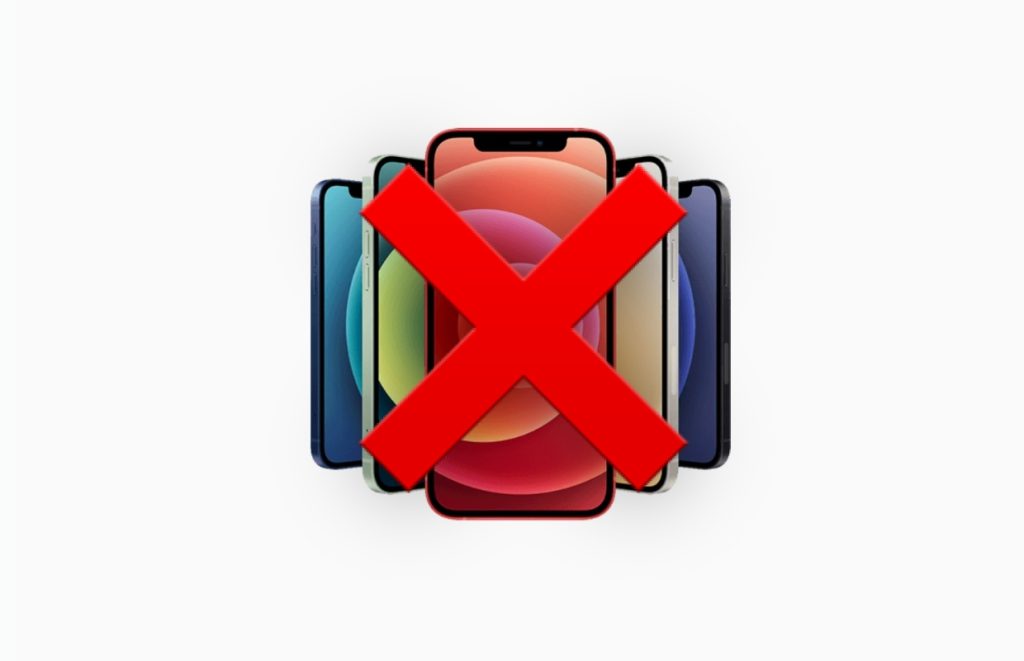The European Union (EU) has implemented a groundbreaking regulation that mandates the adoption of USB-C ports for all electronic devices sold within its jurisdiction. This rule, aimed at reducing e-waste and streamlining device compatibility, has led Apple to discontinue sales of older iPhones equipped with its proprietary Lightning port. The affected models include the iPhone 14 series and the iPhone SE (3rd generation). Let’s dive deeper into the implications of this decision and explore its potential impact on Apple, the EU market, and the global tech industry.

The EU’s USB-C Mandate: An Overview
On December 28, 2024, the European Union’s legislation requiring USB-C ports for all smartphones, tablets, cameras, and other electronic devices came into effect. This policy is part of the EU’s efforts to tackle the growing problem of electronic waste while simplifying charging options for consumers.
By standardizing USB-C as the universal charging port, the EU seeks to:
- Reduce Electronic Waste: Minimize the disposal of incompatible chargers and cables.
- Improve User Experience: Eliminate the need for multiple types of chargers.
- Encourage Innovation: Promote a unified standard across brands.
Apple’s Response: Phasing Out Lightning Ports
Apple has been gradually transitioning to USB-C ports across its product lineup. The iPhone 15 series, released earlier this year, was the first iPhone series to feature USB-C ports. Other products, such as iPads, AirPods, and AirPods Max, have also adopted the USB-C standard. However, the iPhone 14 series and iPhone SE (3rd generation), which still used Lightning ports, remained available in the EU until this regulation came into force.
Discontinued Models in the EU:
- iPhone 14 Series: Includes iPhone 14, iPhone 14 Plus, iPhone 14 Pro, and iPhone 14 Pro Max.
- iPhone SE (3rd Generation): A popular budget model.
Apple has now ceased sales of these models in EU countries, although third-party resellers may continue to sell remaining stock until supplies are exhausted.
Global Implications of the USB-C Mandate
Regional Impact:
While the regulation directly affects EU countries, its influence extends globally:
- Northern Ireland: As part of the EU’s single market, Northern Ireland is included in this mandate despite the United Kingdom’s exit from the EU in 2020.
- Non-EU Markets: Apple continues to sell Lightning-equipped devices in regions outside the EU, such as the United States, India, and China. However, this decision raises questions about whether USB-C will become a global standard for Apple’s future devices.
Consumer Reaction:
The discontinuation of Lightning port devices has sparked debates among consumers:
- Support for USB-C: Many users appreciate the simplicity and universality of USB-C.
- Nostalgia for Lightning Ports: Loyal Apple users express regret over the end of the Lightning era.
The Bigger Picture: E-Waste and Innovation
The EU’s USB-C mandate is not just about standardization; it’s a step toward addressing a global environmental challenge.
E-Waste Reduction:
With millions of chargers and cables discarded annually, the USB-C standard aims to:
- Prevent waste generated by obsolete chargers.
- Encourage the reuse of compatible charging accessories.
Innovation Opportunities:
The mandate challenges tech companies to innovate within a standardized framework, potentially driving advancements in:
- Faster charging technology.
- Durable and eco-friendly charging accessories.
Future of the iPhone SE: What to Expect
The iPhone SE has long been a favorite among budget-conscious consumers. Despite its current discontinuation in the EU, reports suggest that Apple plans to release the 4th generation iPhone SE in early 2025. Here’s what we know so far:
Expected Features:
- USB-C Port: Compliance with EU regulations.
- Design Updates: Rumored to adopt the design of the iPhone XR or iPhone 13 mini.
- Enhanced Performance: Likely to feature Apple’s A-series chip for improved speed and efficiency.
- Apple Intelligence Support: Integration of AI-powered features.
FAQs on Apple’s USB-C Transition
1. Why did Apple stop selling the iPhone 14 and iPhone SE in Europe? Apple discontinued these models in response to the EU’s USB-C mandate, which prohibits the sale of devices with proprietary charging ports like Lightning.
2. Can I still buy these models from third-party sellers in the EU? Yes, third-party resellers can sell remaining stock of Lightning-equipped iPhones until supplies last.
3. Does this rule apply to the United Kingdom? No, the UK is not bound by this rule. However, Northern Ireland, as part of the EU’s single market, is affected.
4. When will the next iPhone SE be released? The 4th generation iPhone SE is expected to launch in early 2025 with a USB-C port and updated features.
5. Will Apple switch to USB-C globally? While the USB-C mandate currently applies to the EU, Apple’s gradual adoption of USB-C across its product line suggests it could become the global standard.




